Today’s Highlight in History:
On October 7, 1985, Palestinian gunmen hijacked the Italian cruise ship Achille Lauro (ah-KEE’-leh LOW’-roh) in the Mediterranean. (The hijackers killed Leon Klinghoffer, a Jewish-American tourist, before surrendering on October 9.)
On this date:
In 1765, the Stamp Act Congress convened in New York to draw up colonial grievances against England.
In 1849, author Edgar Allan Poe died in Baltimore at age 40.
In 1858, the fifth debate between Illinois senatorial candidates Abraham Lincoln and Stephen Douglas took place in Galesburg.
In 1929, former Interior Secretary Albert B. Fall, one of the main figures of the Teapot Dome scandal, went on trial, charged with accepting a bribe from oil tycoon Edward L. Doheny. (Fall was found guilty and sentenced to a year in prison; he served nine months. Doheny was acquitted at his own trial of offering the bribe Fall was convicted of taking.)
In 1940, Artie Shaw and his Orchestra recorded Hoagy Carmichael’s “Star Dust” (as it was spelled then) for RCA Victor.
In 1949, the Republic of East Germany was formed.
In 1954, Marian Anderson became the first black singer hired by the Metropolitan Opera Company in New York.
In 1960, Democratic presidential candidate John F. Kennedy and Republican opponent Richard Nixon held their second televised debate, this one in Washington, D.C.
In 1979, Pope John Paul II concluded his week-long tour of the United States with a Mass on the Washington Mall.
In 1989, Hungary’s Communist Party renounced Marxism in favor of democratic socialism during a party congress in Budapest.
In 1991, University of Oklahoma law professor Anita Hill publicly accused Supreme Court nominee Clarence Thomas of making sexually inappropriate comments when she worked for him; Thomas denied Hill’s allegations.
In 2004, President George W. Bush and Vice President Dick Cheney conceded that Saddam Hussein had no weapons of mass destruction as they tried to shift the Iraq war debate to a new issue, arguing that Saddam was abusing a U.N. oil-for-food program.
Ten years ago: The Nobel Peace Prize was awarded to the International Atomic Energy Agency and its chief, Mohamed ElBaradei (ehl-BEHR’-uh-day). Actor-comedian Charles Rocket was found dead in a field near his home in Canterbury, Connecticut, an apparent suicide; he was 56.
Five years ago: New Jersey Gov. Chris Christie canceled construction of a decades-in-the-making train tunnel between New Jersey and Manhattan, citing cost overruns that had ballooned the price tag from $5 billion to $10 billion or more. A toxic red sludge that had burst out of a Hungarian factory’s reservoir reached the mighty Danube after wreaking havoc on smaller rivers and creeks.
One year ago: North Korea publicly acknowledged to the international community the existence of its “reform through labor” camps, a mention that appeared to come in response to a highly critical U.N. human rights report. Two Japanese scientists, Isamu Akasaki and Hiroshi Amano, and a naturalized American, Shuji Nakamura, won the Nobel Prize for physics for inventing a new kind of light-emitting diode (LED) that promised to revolutionize the way the world lighted its offices and homes.
Send questions/comments to the editors.

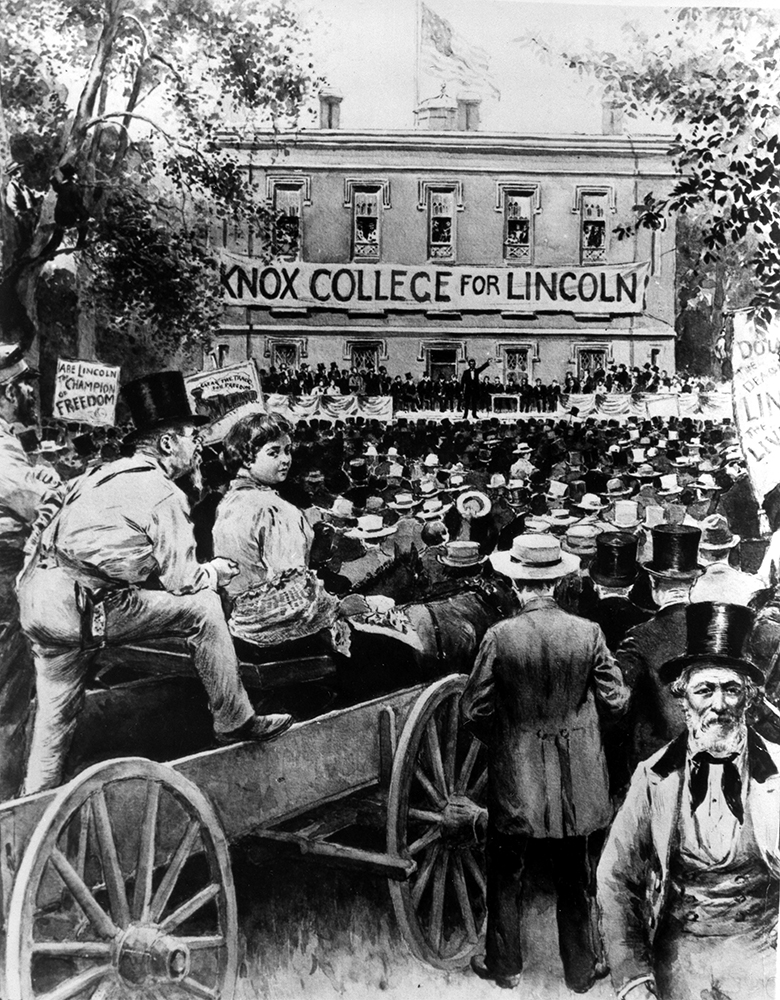
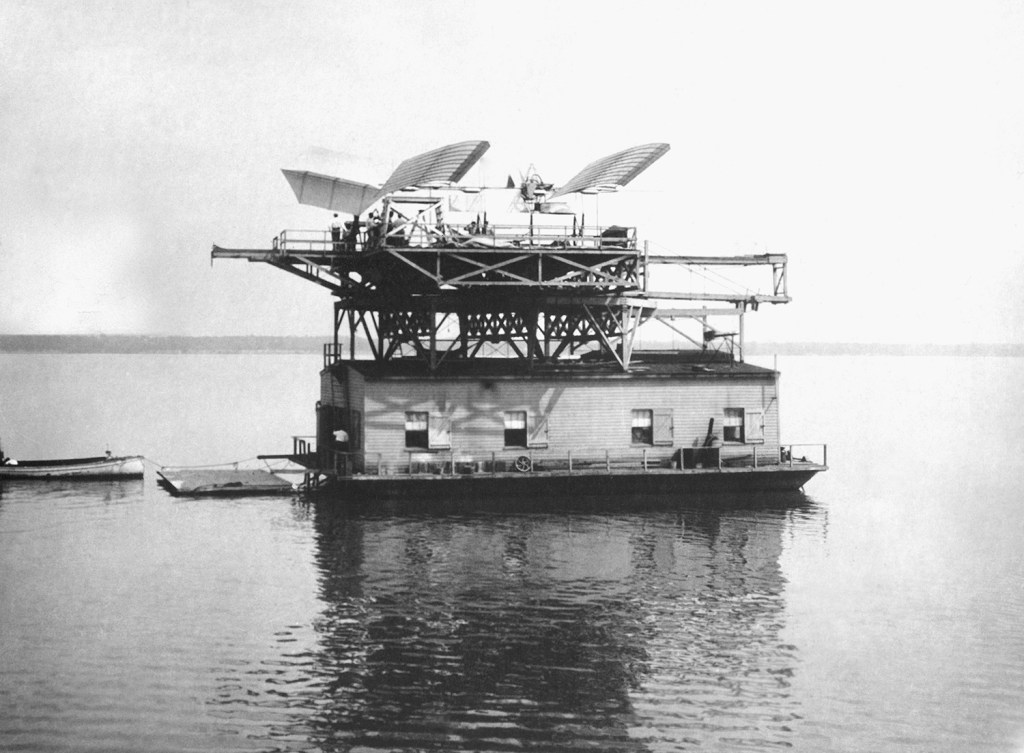
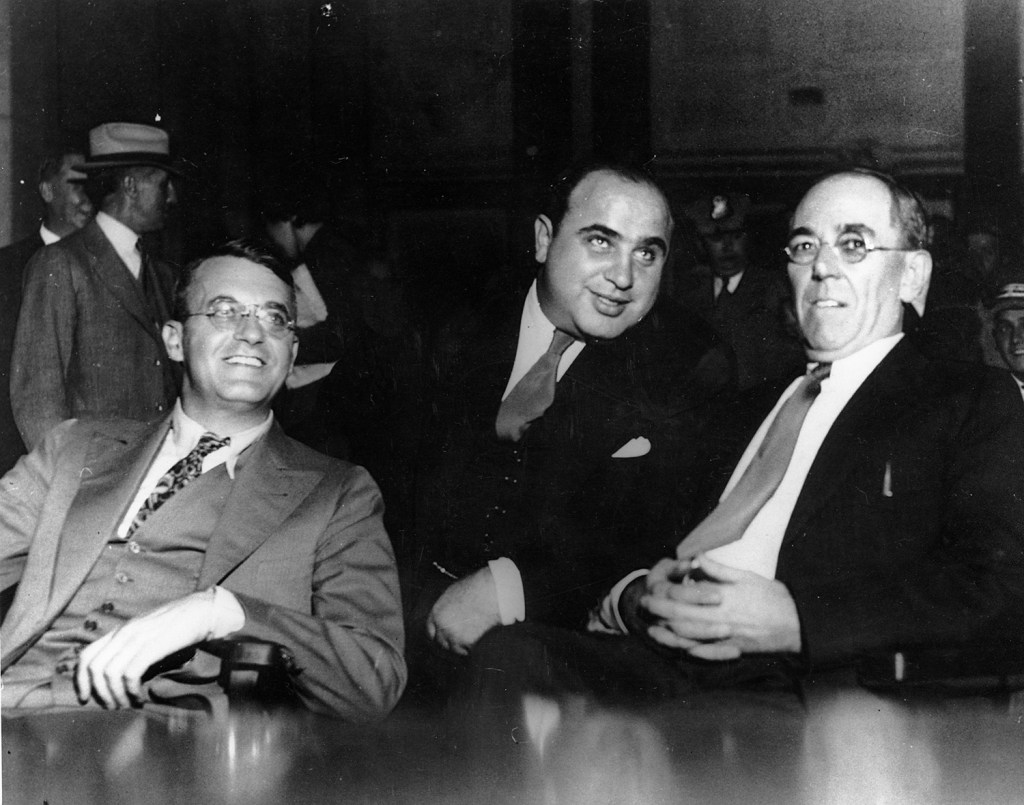
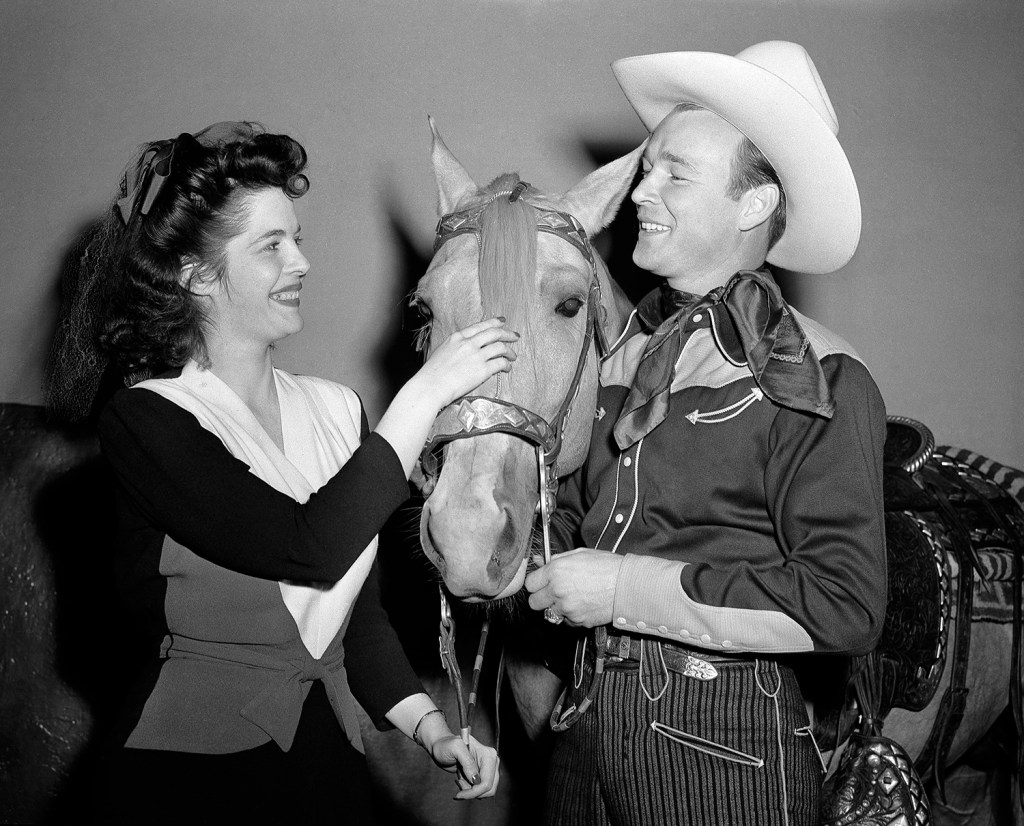
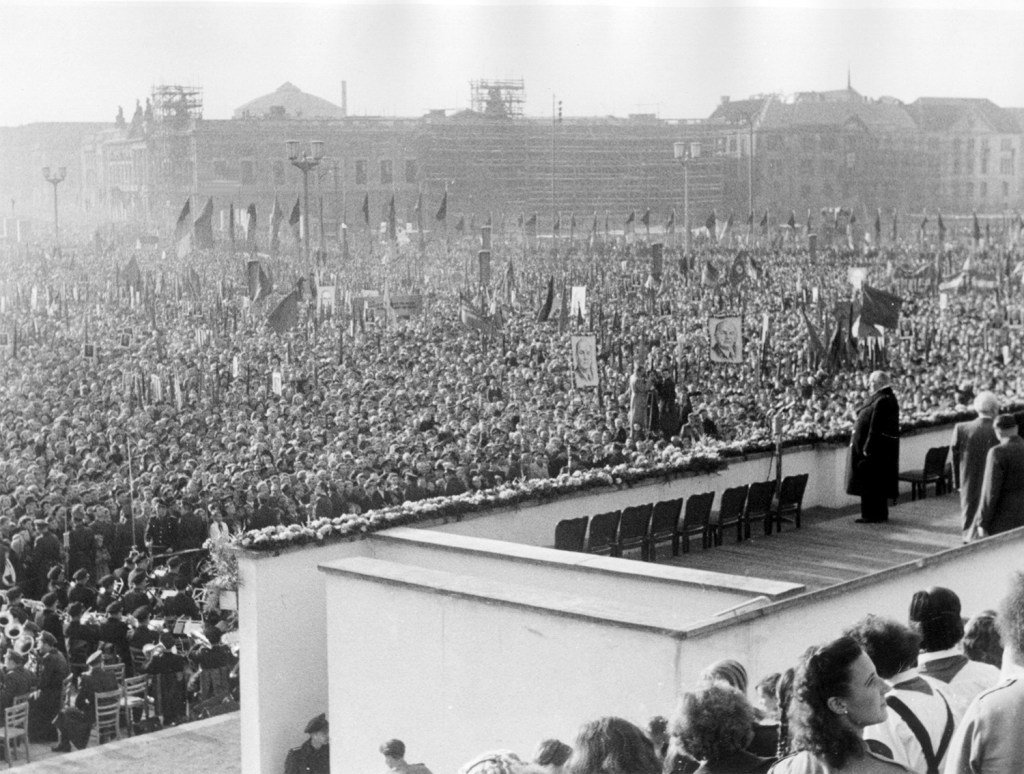
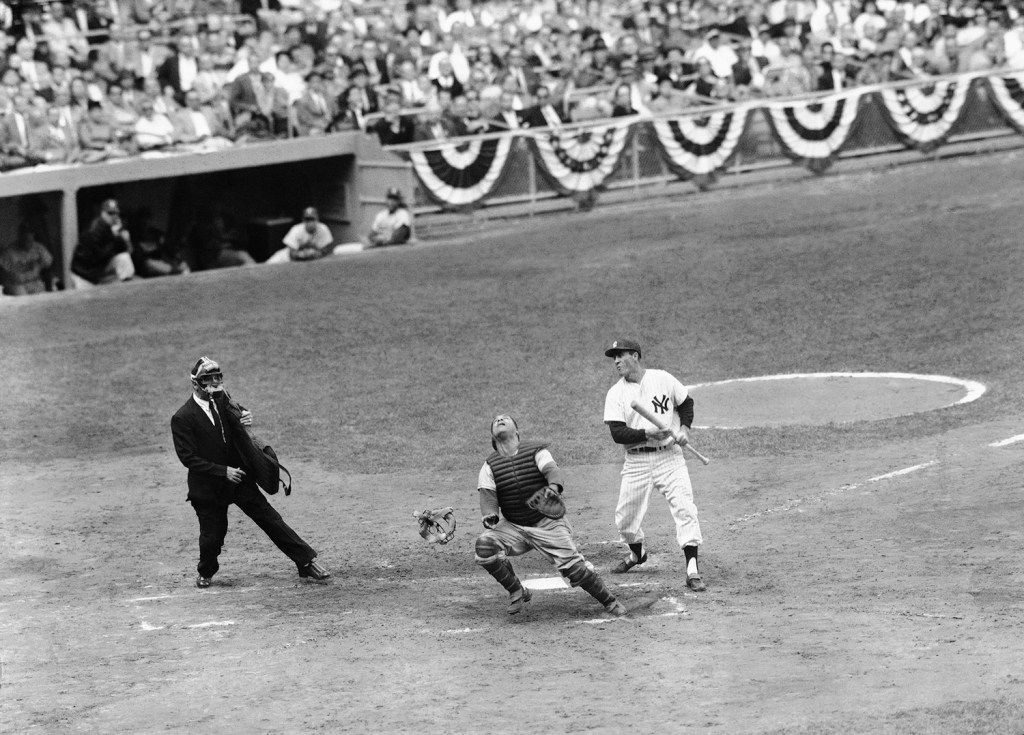
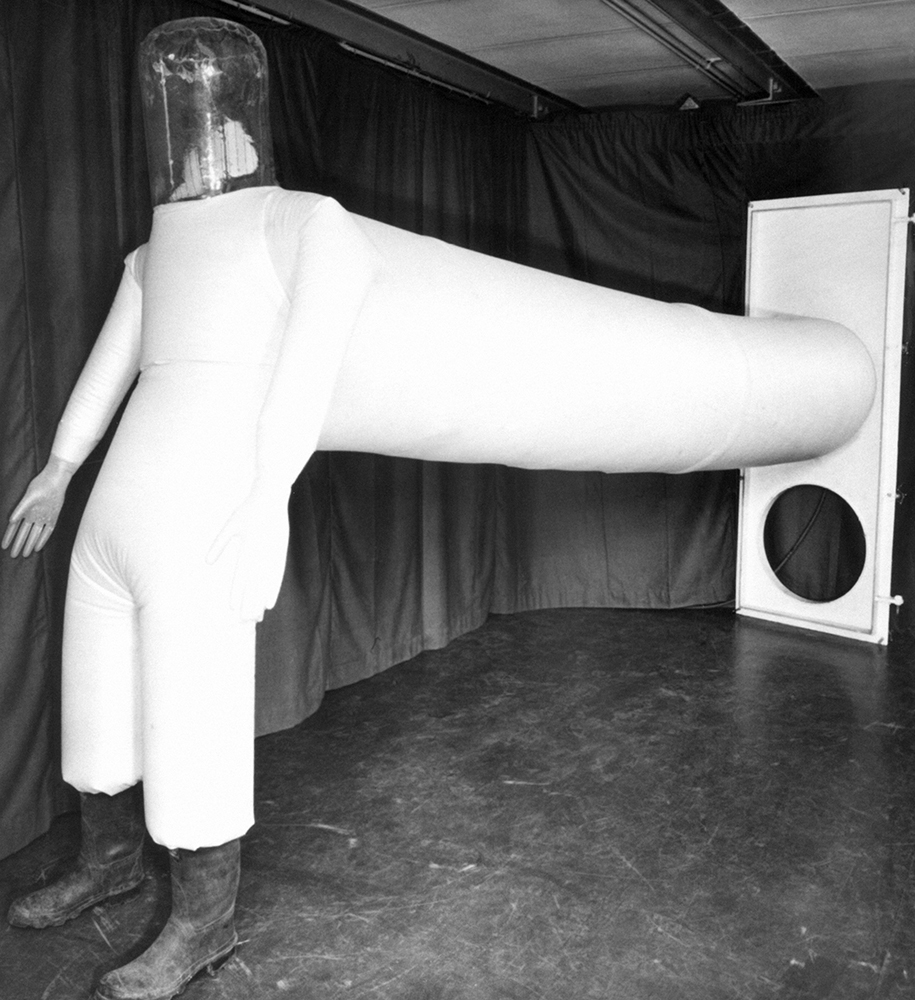
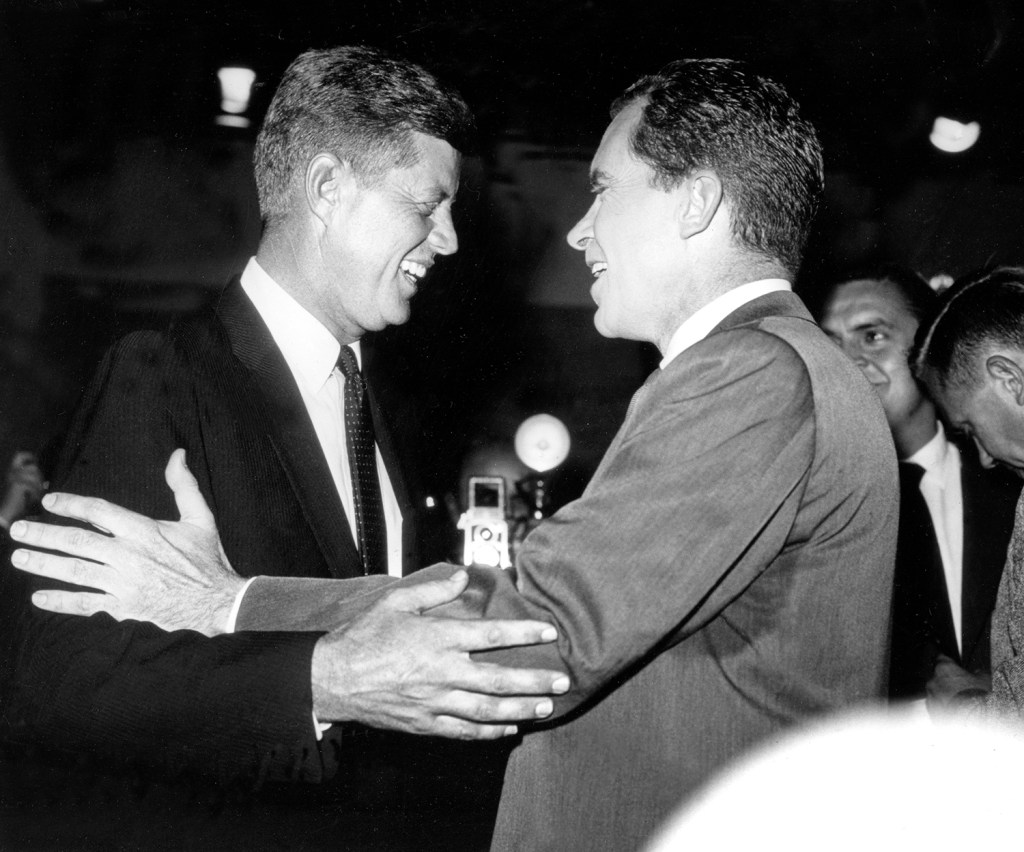
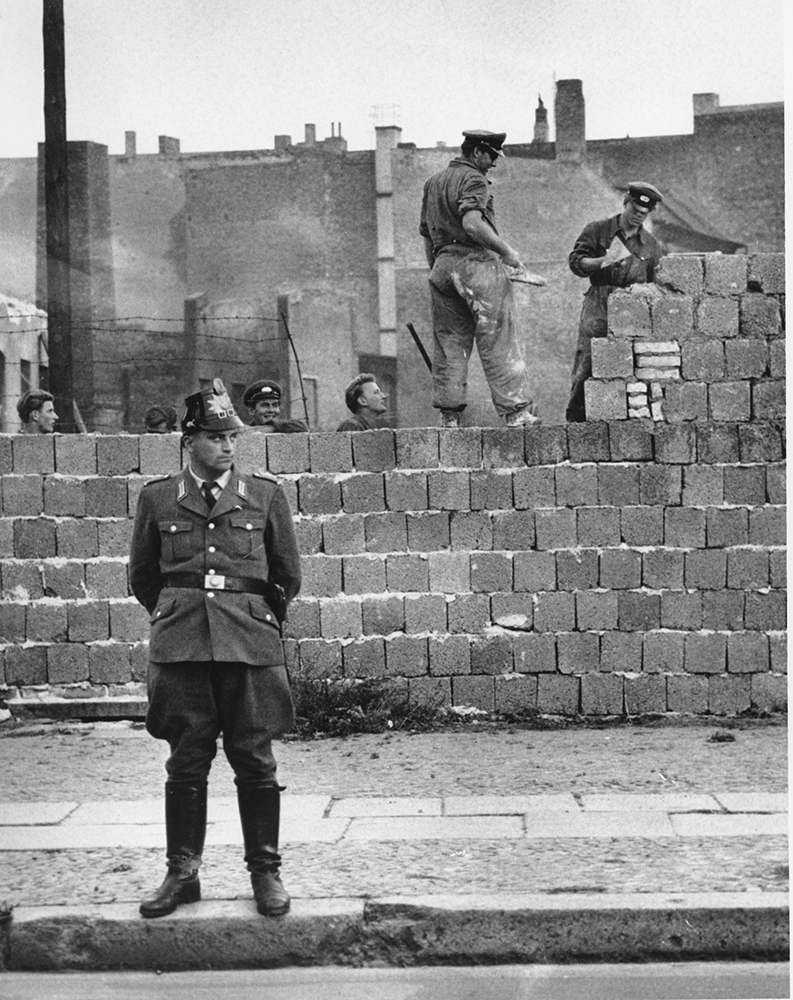
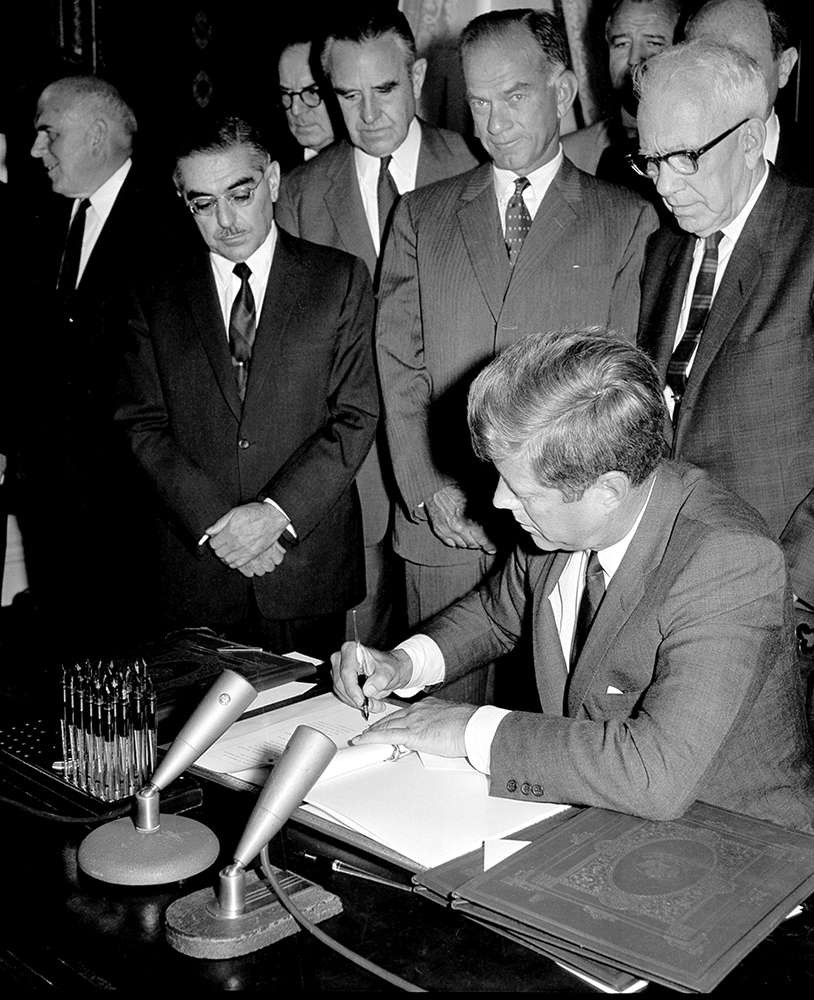
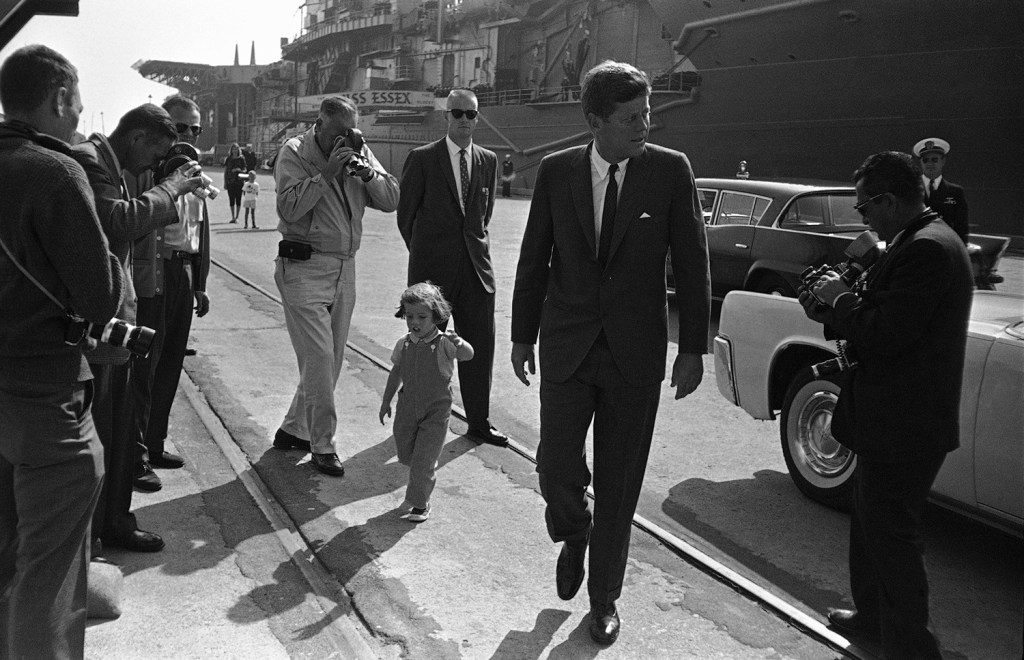
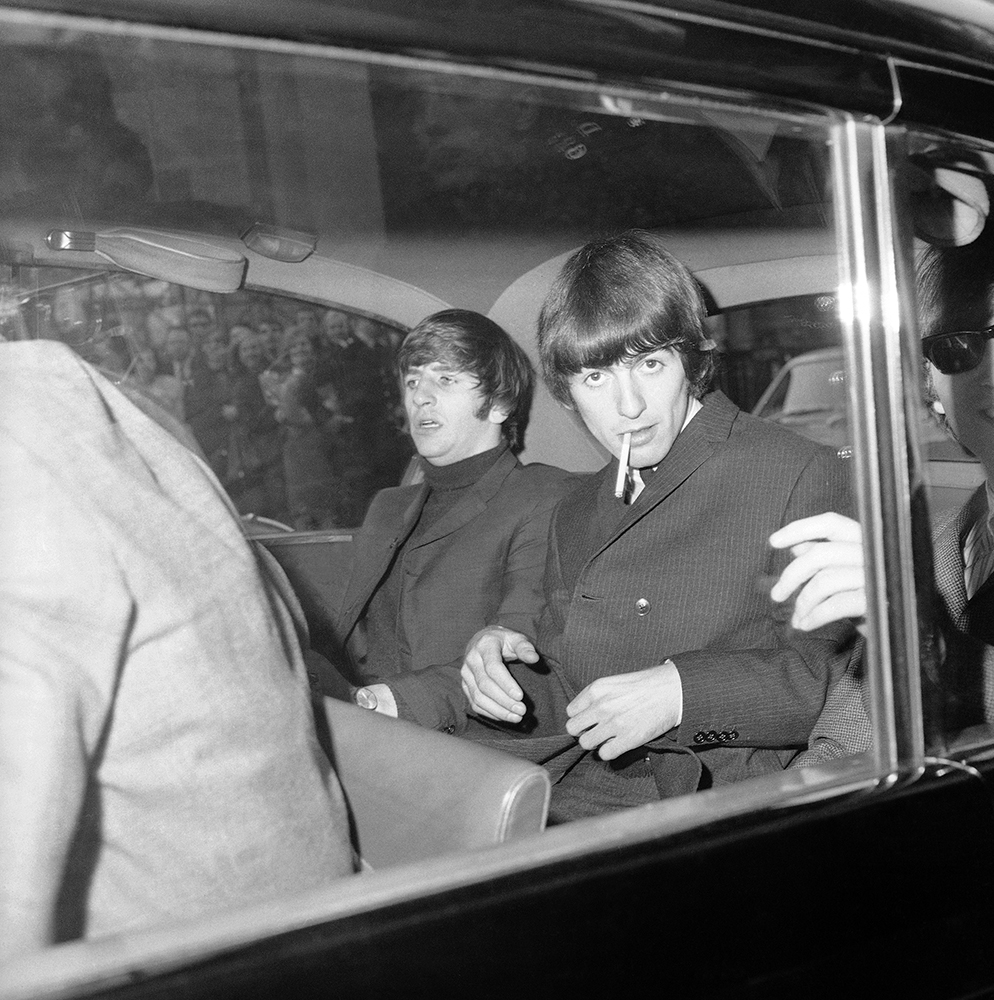

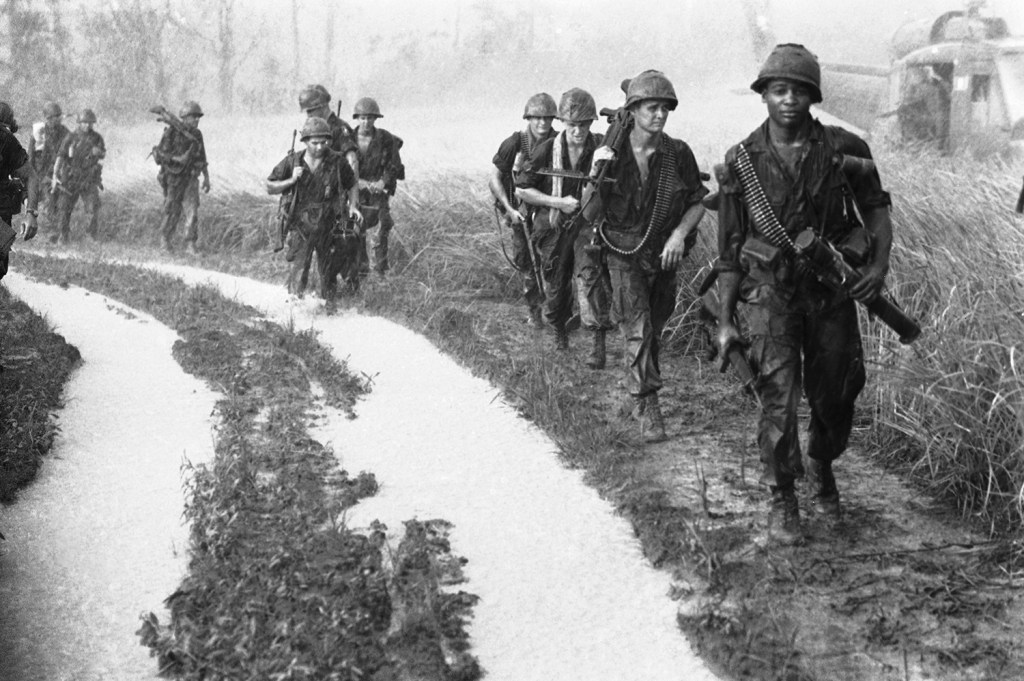
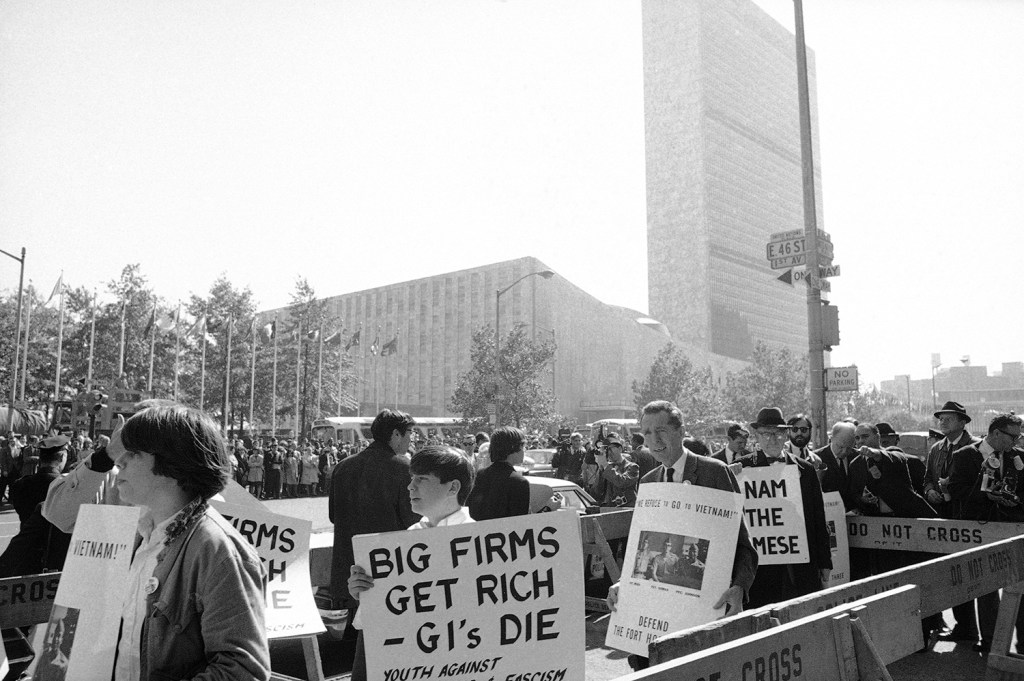
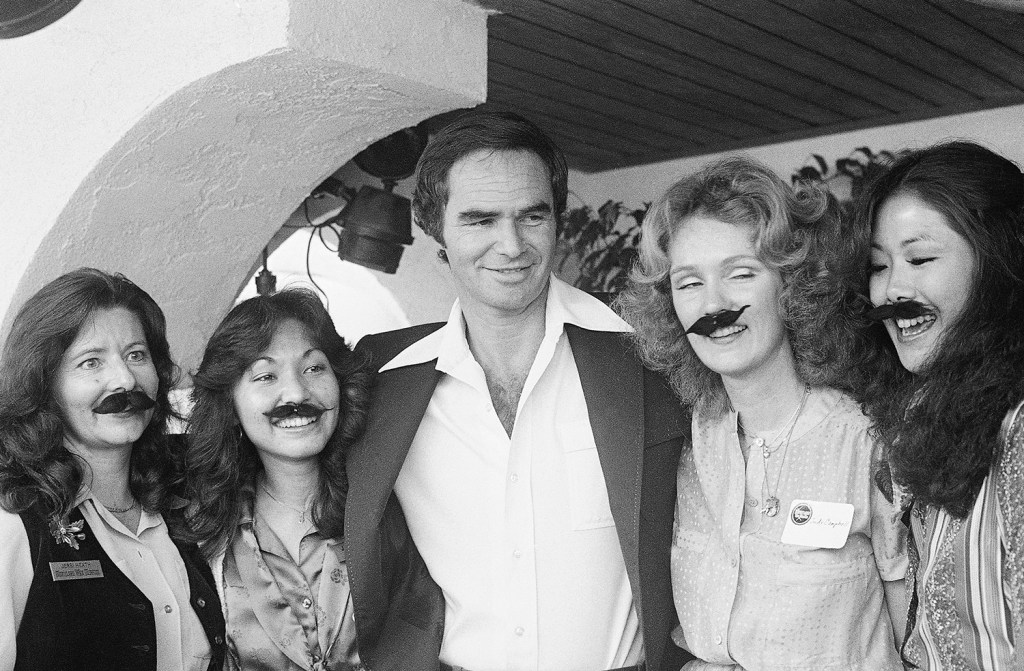

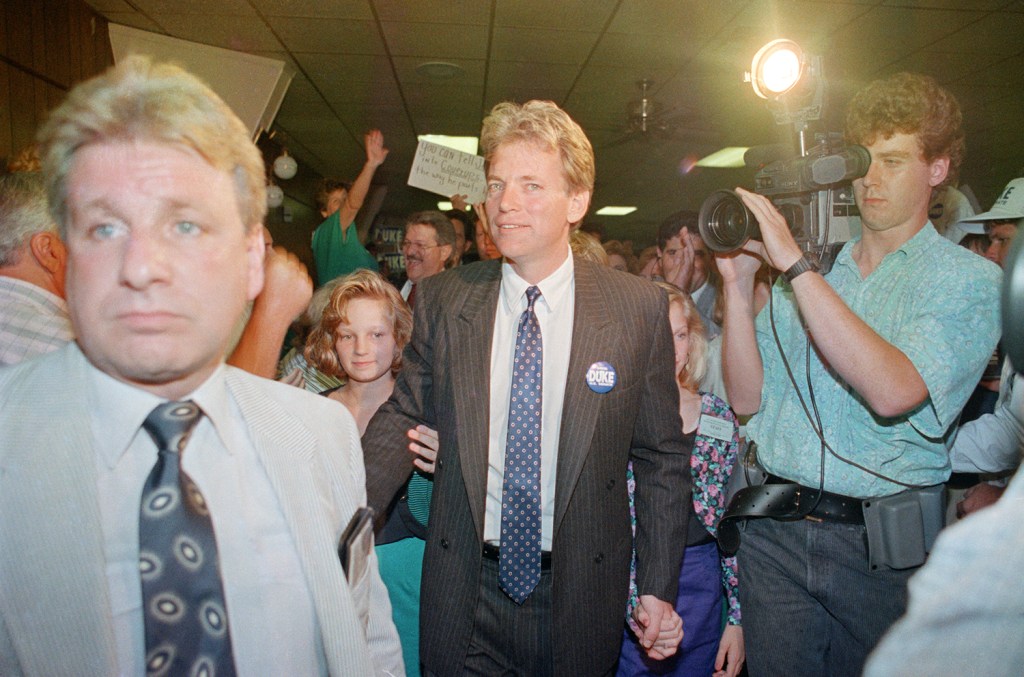

Success. Please wait for the page to reload. If the page does not reload within 5 seconds, please refresh the page.
Enter your email and password to access comments.
Hi, to comment on stories you must . This profile is in addition to your subscription and website login.
Already have a commenting profile? .
Invalid username/password.
Please check your email to confirm and complete your registration.
Only subscribers are eligible to post comments. Please subscribe or login first for digital access. Here’s why.
Use the form below to reset your password. When you've submitted your account email, we will send an email with a reset code.